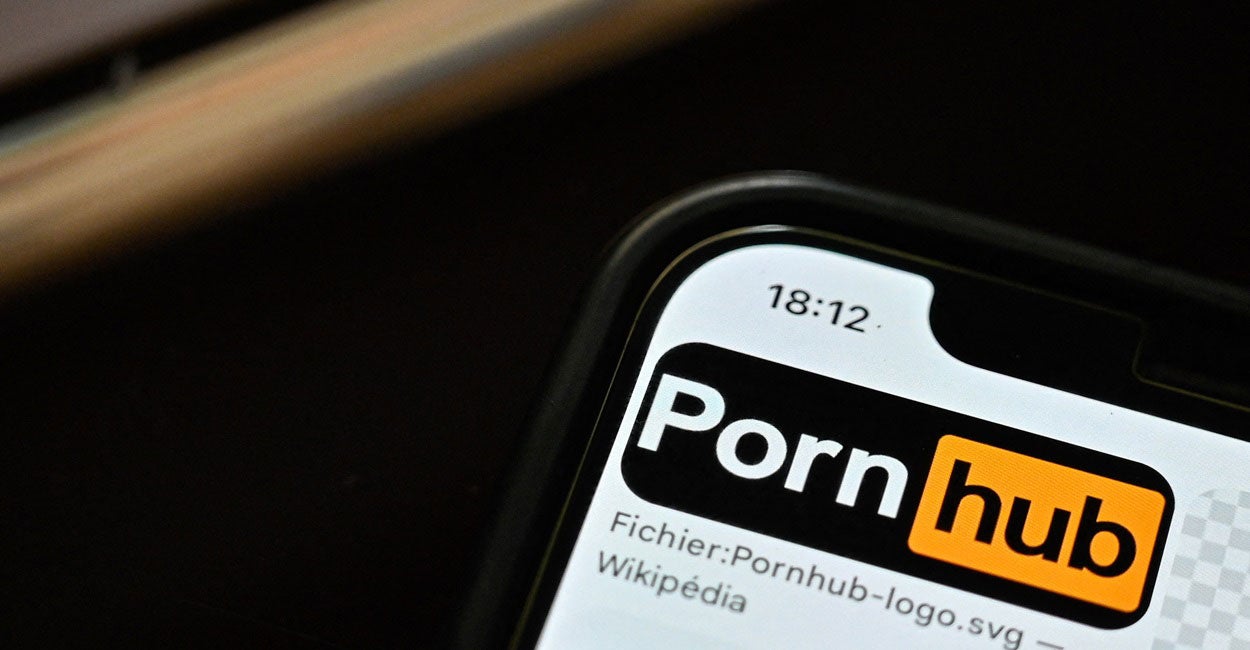Are Gen Z Men Turning Against Porn?

Here’s the headline: “Gen Z Men Are Turning Away From Porn.” Before we go any further, let’s address the fact that this is good news.
Live Your Best Retirement
Fun • Funds • Fitness • Freedom
A recent survey by the Survey Center on American Life explored various facets of American sentiment, uncovering what they call “America’s Cultural Crossroads”—marked by “enduring discontent, rising disconnection, and an uncertain future.” In the midst of these challenges, a striking trend emerged: a growing number of Americans, particularly men, support restricting access to pornography. The survey revealed, “Nearly seven in 10 (69%) Americans support making internet pornography less accessible,” a rise from 65% in 2013. Notably, young men have shown a significant shift. While in 2013, only 51% of young men favored restrictions (with 40% opposed), today, six in 10 advocate for making online pornography harder to access.
Gen Z men, those under 25, are at the forefront of this movement, with 64% supporting tighter restrictions—a sentiment increasingly aligned with men over 65. This convergence across generations is remarkable. As The Daily Wire’s Isabel Brown exclaimed, “WOW. Culture is changing.” Many share her enthusiasm, seeing this as a beacon of hope.
What makes it so encouraging is that mounting evidence has revealed that pornography inflicts profound harm on the heart, mind, and soul, transcending worldview—whether secular or biblical. Its pervasive influence undermines human flourishing, distorting God’s design for intimacy and relationships.
Emotionally, pornography erodes the capacity for authentic, God-honoring intimacy. Regular exposure to explicit, lust-driven content fosters shame, guilt, and profound loneliness, alienating individuals from meaningful connection. It rewires the heart’s desires, replacing love with fleeting gratification. Psychologically, the brain suffers from an onslaught of dopamine, scientifically shown to impair focus, diminish productivity, and disrupt mental clarity. This overload often fuels heightened stress, anxiety, and depression, trapping individuals in a cycle of emotional turmoil. Spiritually, pornography ensnares the soul, fostering addiction that spirals beyond control. This bondage distorts self-perception and devalues others, reducing sacred relationships to objects of consumption, contrary to God’s call to love and honor.
So, back to the question at hand: Why is this shift among Gen Z men so significant? Well, for two primary reasons. First, their push for restrictions reflects a recognition of these harms and a desire to protect themselves and others. By advocating for legal barriers, they’re taking proactive steps against a destructive force. Second, it challenges the stereotype of Gen Z as a tech-obsessed, iPhone-addicted generation lost in a distorted digital world. While some fit this mold, and the dangers of rampant social media use are real, many in Gen Z are rejecting this narrative. Arguably, this survey highlights their resolve to redefine their identity, proving they’re not defined by technology’s pitfalls. Gen Z is pushing back, saying, “No, the worst of Gen Z does not define all of Gen Z.”
Consider what Joseph Backholm, Family Research Council’s senior fellow for Biblical Worldview and Strategic Engagement, shared with The Washington Stand. “Gen Z men have grown up with easier access to pornography than any generation. And in their lifetimes, we’ve learned just how damaging it is to a person. As with many forms of sin, it becomes popular because people claim it’s harmless. But their own lives and the lives of many people they know prove otherwise. So, they are reaching the reasonable conclusion that we shouldn’t act like harmful things are innocent.”
As he went on to explain, the church has a responsibility to not merely celebrate the fact that men are trying to protect themselves from the danger of pornography, but to actively help them in this mission. “To continue this trend,” Backholm stated, “we must remind everyone that living the way God intended is what produces good outcomes. Sin destroys lives, and lust is sin.” A particular issue with viewing pornography is that it’s almost always done in secret. In fact, it’s easily done in secret.
The danger of secret sins, like pornography, lies in their ability to fester in darkness, deepening shame and isolation while tightening their grip on the soul. Bringing these struggles to light is critical—not solely to condemn the actions, but to help promote true healing. Confession to a trusted, godly community breaks the cycle of secrecy, inviting accountability, prayer, and restoration. James 5:16 urges us to “confess your sins to one another and pray for one another, that you may be healed.” The church must be a place where men wrestling with pornography or any temptation find grace-filled support.
By coming alongside those who struggle—offering mentorship, biblical counsel, and practical tools—the church can help men (and anyone!) pursue holiness, reclaim God’s design for intimacy, and walk in freedom. This is the body of Christ at work, bearing one another’s burdens (Galatians 6:2) and pointing to the transformative power of the gospel. And as Backholm concluded, “Winning the battle of the mind and being controlled by the Holy Spirit rather than lust is what produces joyful, confident people that will produce successful marriages and strong families.”
So, let these survey results serve as a fervent call to action: Pray earnestly for a widespread awakening to the devastating harms of pornography, that hearts would turn from its fleeting allure. Intercede for our elected leaders to enact wise, protective policies that shield individuals and communities from its destructive reach. Above all, pray that more people recognize the emptiness of this world’s instant gratifications, which pale in comparison to the soul-satisfying life found in Christ alone—the very truth the church is called to proclaim.
Originally published by The Washington Stand.
We publish a variety of perspectives. Nothing written here is to be construed as representing the views of The Daily Signal.
The post Are Gen Z Men Turning Against Porn? appeared first on The Daily Signal.
Originally Published at Daily Wire, Daily Signal, or The Blaze
What's Your Reaction?
 Like
0
Like
0
 Dislike
0
Dislike
0
 Love
0
Love
0
 Funny
0
Funny
0
 Angry
0
Angry
0
 Sad
0
Sad
0
 Wow
0
Wow
0









































































